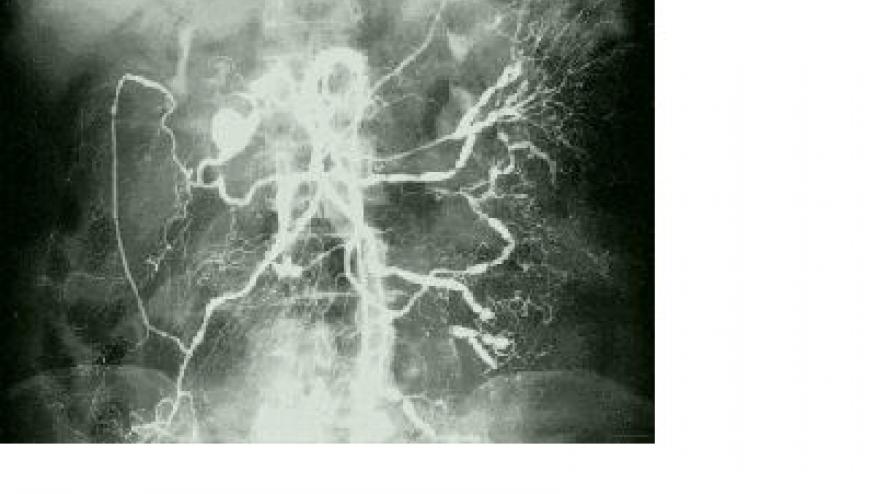Avacopan - Is it Really a Win for ANCA-Associated Vasculitis? Save

The NEJM has reported the results of a study showing that avacopan, a C5a receptor inhibitor, is as effective as steroids at treating patients with antineutrophil cytoplasmic antibody (ANCA)–associated vasculitis (AAV).
The trial enrolled 331 ANCA+ vasculitis patients who were randomized to receive oral avacopan (30 mg twice daily) or oral prednisone on a tapering schedule. All AAV patients received either background cyclophosphamide (followed by azathioprine) or rituximab. The primary end point was remission, defined as a Birmingham Vasculitis Activity Score (BVAS) of 0 (on a scale from 0 to 63) at week 26 with no glucocorticoid use in the prior 4 weeks.
The second primary end point was sustained remission, defined as remission at both weeks 26 and 52. Both end points were tested for noninferiority (by a margin of 20 percentage points) and for superiority.
The mean BVAS at baseline was high (16) in both groups. By week 26 remission was achieved by 72% on avacopan and 70% on prednisone (meeting the noninferiority definition but not achieving superiority).
Sustained remission at week 52 (the second primary end point) was seen in 66% on avacopan and 55% on prednisone (P<0.001 for noninferiority; P=0.007 for superiority).
Adverse events and serious adverse events (excluding worsening vasculitis) were similar between groups (37% vs. 39%).
While data suggest C5a inhibition as alternative to corticosteroids in those with serious active AAV, the cost of the alternative and lack of clear superiority in both efficacy and safety will limit the potential of this novel intervention.










If you are a health practitioner, you may Login/Register to comment.
Due to the nature of these comment forums, only health practitioners are allowed to comment at this time.